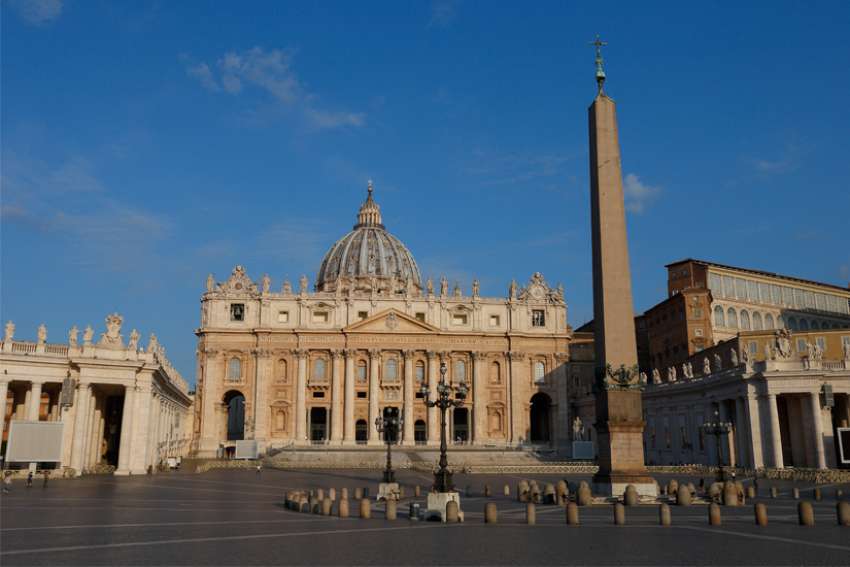Or do you know if your diocese has a social justice office? And does your favourite religious order have a JPIC ministry and do you know what that acronym stands for?
Chances are many people have not heard of these institutions or, if they have, don’t know what they do. Yet while the names may sound boring or complicated, these institutions are the answer to questions many Catholics ask: “What is the Church doing to end poverty in the world?” or “What can Catholics do to respond to the climate crisis?”
The names may be different, but at their essence these bodies are all the same. They are institutions at various levels of the universal Church’s hierarchy that serve as powerful institutions for both educating Catholics and the world on Church social teaching and putting that teaching into action. They are led by cardinals, bishops and clergy (depending on the level) and supported by lay people.
While the dicastery is in Rome, the other instances mentioned above can be found in Canada — although sadly few dioceses maintain offices dedicated to social justice and even fewer have paid staff to run them. On my bookshelf I have a copy of Do Justice! The Social Teaching of the Canadian Catholic Bishops. It was published by the Jesuit Centre for Social Faith and Justice under the guidance of its then leader, Fr. Michael Czerny (the same Michael Czerny who was recently selected to become a cardinal by Pope Francis and who is currently an undersecretary to the dicastery named above).
The book is a collection of documents published by bishops in Canada between 1945 and 1986 that examine, through a strong Catholic lens, various problems Canadian society has faced over those years. Many of the insights and challenges it contains remain relevant today, especially given the ecological precipice humanity currently balances on.
Consider the following passage from the bishops’ 1983 document, “Ethical Reflections on Canada’s Socio-Economic Order.”
“What we are facing are some basic structural problems in our economy that reveal a moral disorder in our society. … The basic social contradiction of our times is the structural domination of capital and technology over people, over labour, over communities (and, we would add today, creation.) What is required is a radical inversion of these structural relationships.”
Recently I had the honour of being invited to join the Social Affairs Commission of the Assembly of Catholic Bishops of Ontario, led by Bishop Douglas Crosby of Hamilton with the assistance of the general secretary, Roger Lawler. Attending my first meeting, I found some of my dearest friends in Catholic social justice circles around the table.
We were a group of lay people and clergy praying, listening, learning and developing lines of action for the benefit of the Church in Ontario. Our meeting touched on many things, including the privatization of water, gathering the voices of the most marginalized in our society through interfaith efforts, reconciliation with Indigenous peoples, Catholic federal election guides, and the campaign just launched at Development and Peace focused on the Amazon and its peoples.
What struck me at the meeting was the quality of the discussion and the interest and support of the three bishops present, Auxiliary Bishops Vincent Nguyen and Wayne Kirkpatrick of Toronto along with Crosby. They were certainly not there because they had to be. It was also not just a meeting to talk and share information. Plans were made to move some key advocacy and education initiatives forward.
The thing about institutions generally is this: They are designed to persist over time. So while the institutions of our Church meant to specifically promote Catholic social teaching may wax and wane in their effectiveness, the important thing is that they are always there. If they are always there, the Holy Spirit may use them when they are needed.
You could argue they are always needed, but it seems to me they are needed now in a special way as we face existential threats to our place on the planet. As Catholics we should be proud of these various commissions and offices and encourage the bishops and clergy who bear responsibility for them to breathe the maximum amount of life they can into them.
After attending my first meeting, I am excited and inspired to do so.
(Stocking is Development and Peace Deputy Director of Public Engagement, Ontario and Atlantic Regions)


